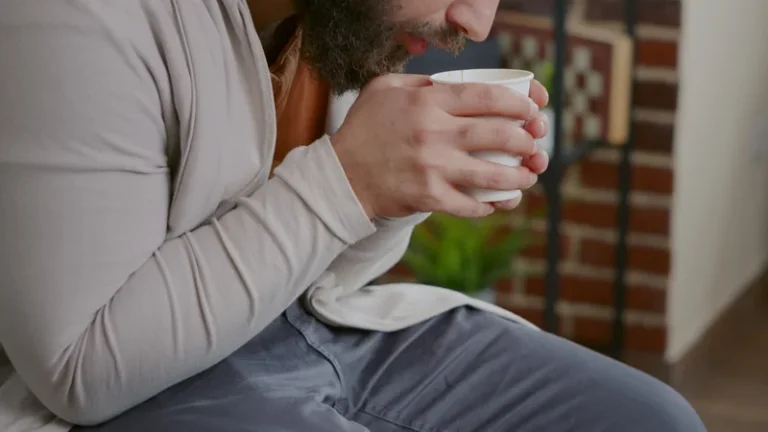
Do not tolerate hurtful or negative comments addressed towards them. These comments can result in lasting damage to a child’s psyche. You don’t have to create a crisis, but learning detachment will help you allow a crisis—one that may be the only way to create change—to happen.

Is an Alcohol Intervention Enough?
The intervention itself is staged as more of a workshop that focuses on helping the person in question work to form a stronger family unit or support system to help them through the recovery process. As such, this model is usually recommended for those with graver concerns over their loved one’s mental health condition. Interventions are necessary when an individual’s alcohol or drug use is causing them to experience health and/or social problems. The emotional impact of helping a loved one stay sober can take a toll. Seek help from a therapist or a counselor if you feel stressed or depressed. You can also participate in a program that’s designed for the friends and family members of alcoholics, such as Al-Anon.

How to approach the conversation
You might feel powerless to help them change their behavior, or you might be wondering whether there’s how to do an intervention for an alcoholic something you can do. This process can be emotionally challenging, but with careful planning, a supportive team, and unwavering love, you can make a significant impact. Once you’ve decided to move forward, the first step in how to arrange an intervention is to assemble a supportive team.
What outcome can we expect from brief interventions?
While organizing the meeting details, make sure everyone is aware of the potential challenges that can stem from the discussion. You may even want to prepare and practice the intervention beforehand to work through any difficult situations. Whether or not they have an alcohol use disorder (AUD), they might not be able to give up alcohol on their own. Selecting the right time and location is crucial in how to make an intervention effective. They may try to harm themselves or others during or after the intervention.

Step 2. Practice what you’re going to say
If you have health insurance, the law requires providers to offer substance use treatment. Check with your provider about which doctors and facilities are covered and for how long, and what you will pay for. If you don’t have health insurance, look for a free or low-cost clinic. It’s a chance for you to talk to your loved one about their drinking habits. You may not know what to do when your friend or family member drinks too much.
How Can You Tell If Someone Has an Alcohol Use Disorder?
- Whether or not they have an alcohol use disorder (AUD), they might not be able to give up alcohol on their own.
- As a result, the person with a SUD doesn’t deal with the consequences of their actions.
- Treatment providers can connect you with programs that provide the tools to help you get and stay sober.
It’s common for someone with AUD to try to blame their drinking on circumstances or others around them, including those who are closest to them. It’s common to hear them say, “The only reason I drink is because you…” Fortunately, you can still be supportive without becoming a counselor or coach. SMART Recovery – Self-Management and Recovery Training (SMART) is a program that aims to achieve abstinence through self-directed change. Alcoholics Anonymous (AA) – Learn https://ecosoberhouse.com/ more about AA’s 12 steps and find a support meeting in your area.

- If the person enters a rehab center, continue to show them your love and support to help make the process as positive as possible.
- Your loved one is more likely to get defensive if they’re faced with a group of people.
- Remain calm and collected as you discuss various matters with your loved one.
- Prepare concrete evidence of your loved one’s behavior, such as medical records or personal anecdotes.
Even when a substance causes problems for a person, his or her physical or psychological reliance on it can take priority. No matter what, know that you have your loved one’s best interest in mind. It’s tough to watch someone struggle with a drinking problem and destroy their life.
